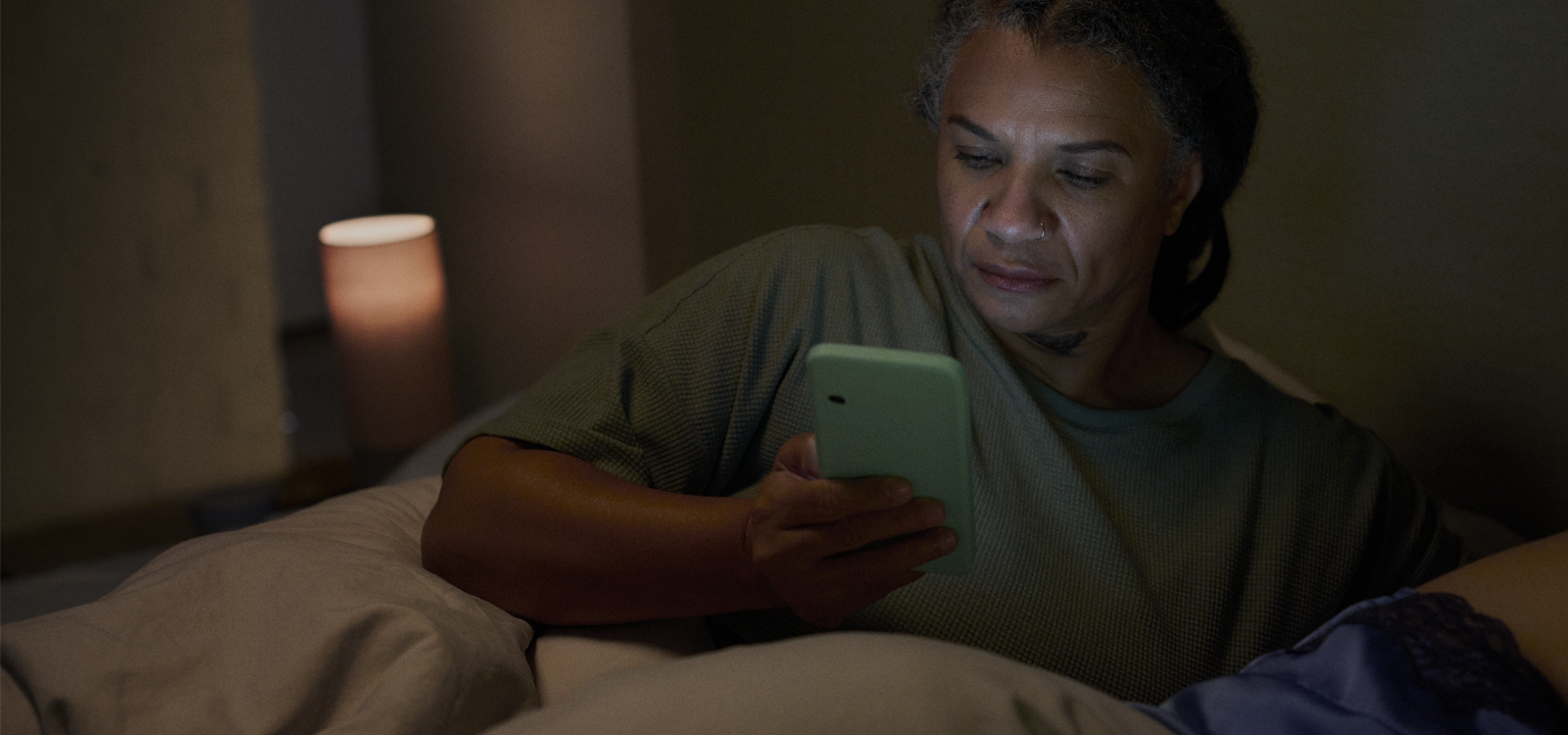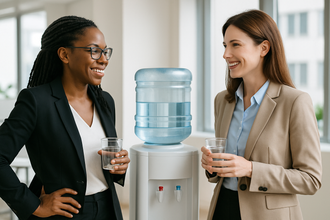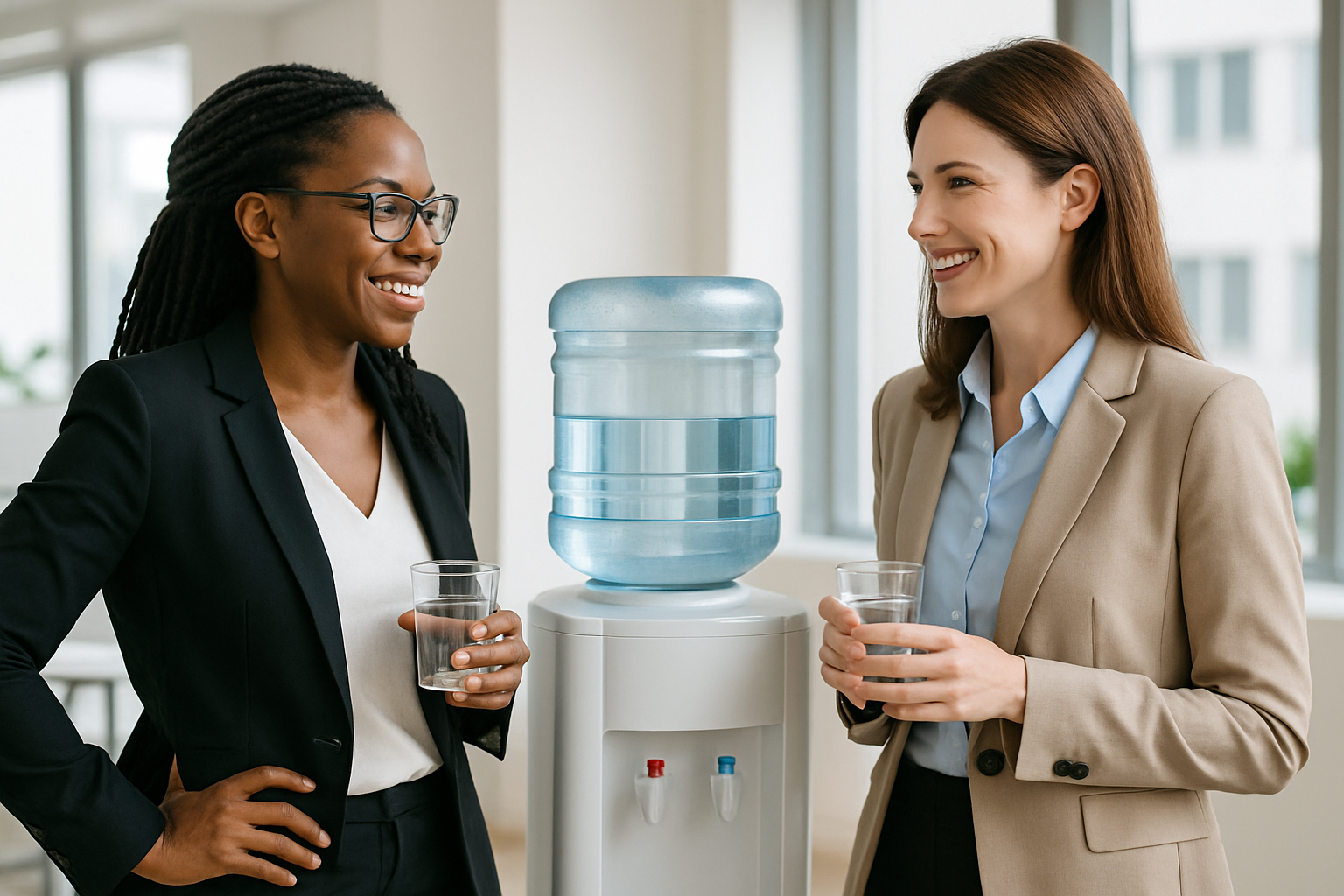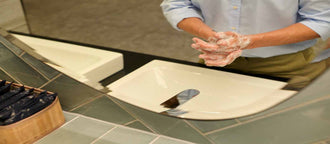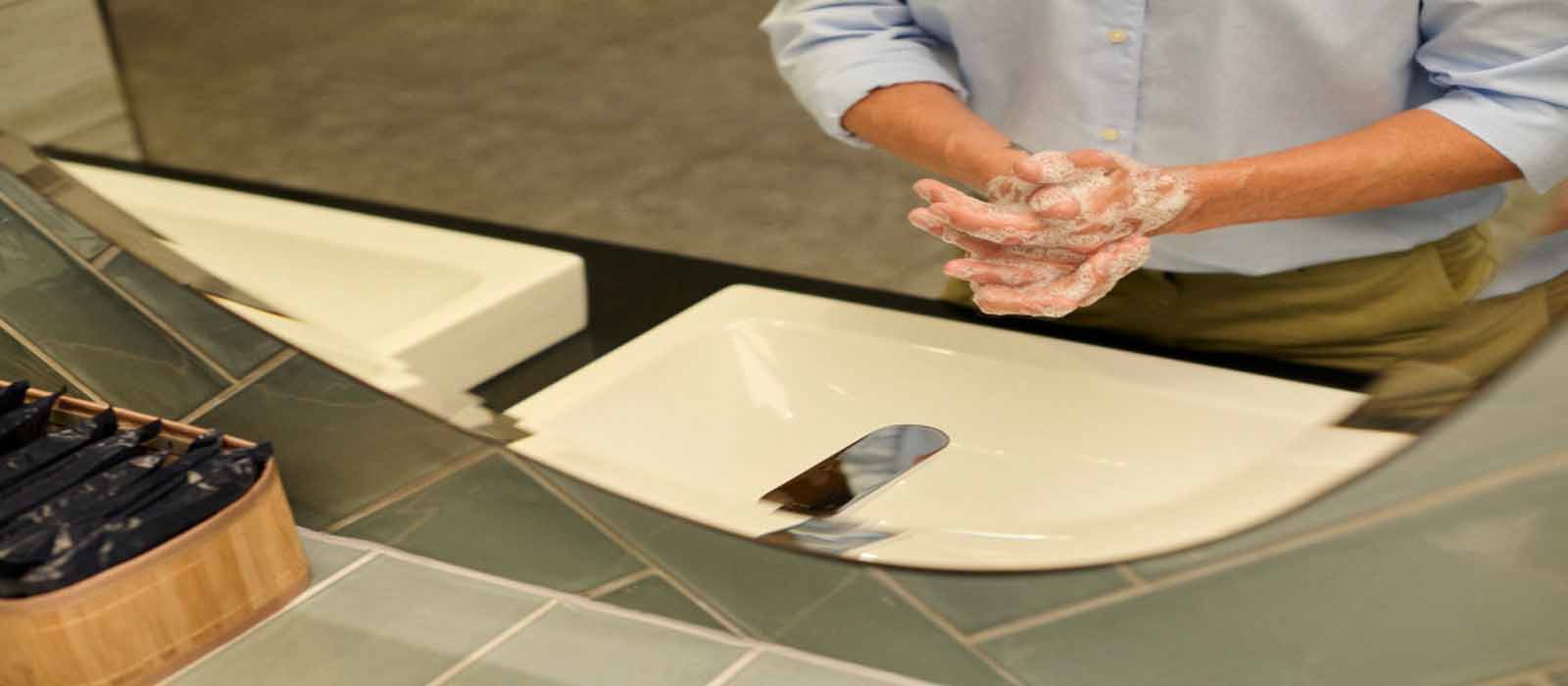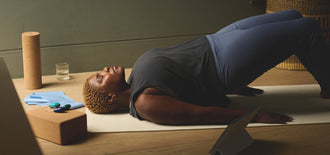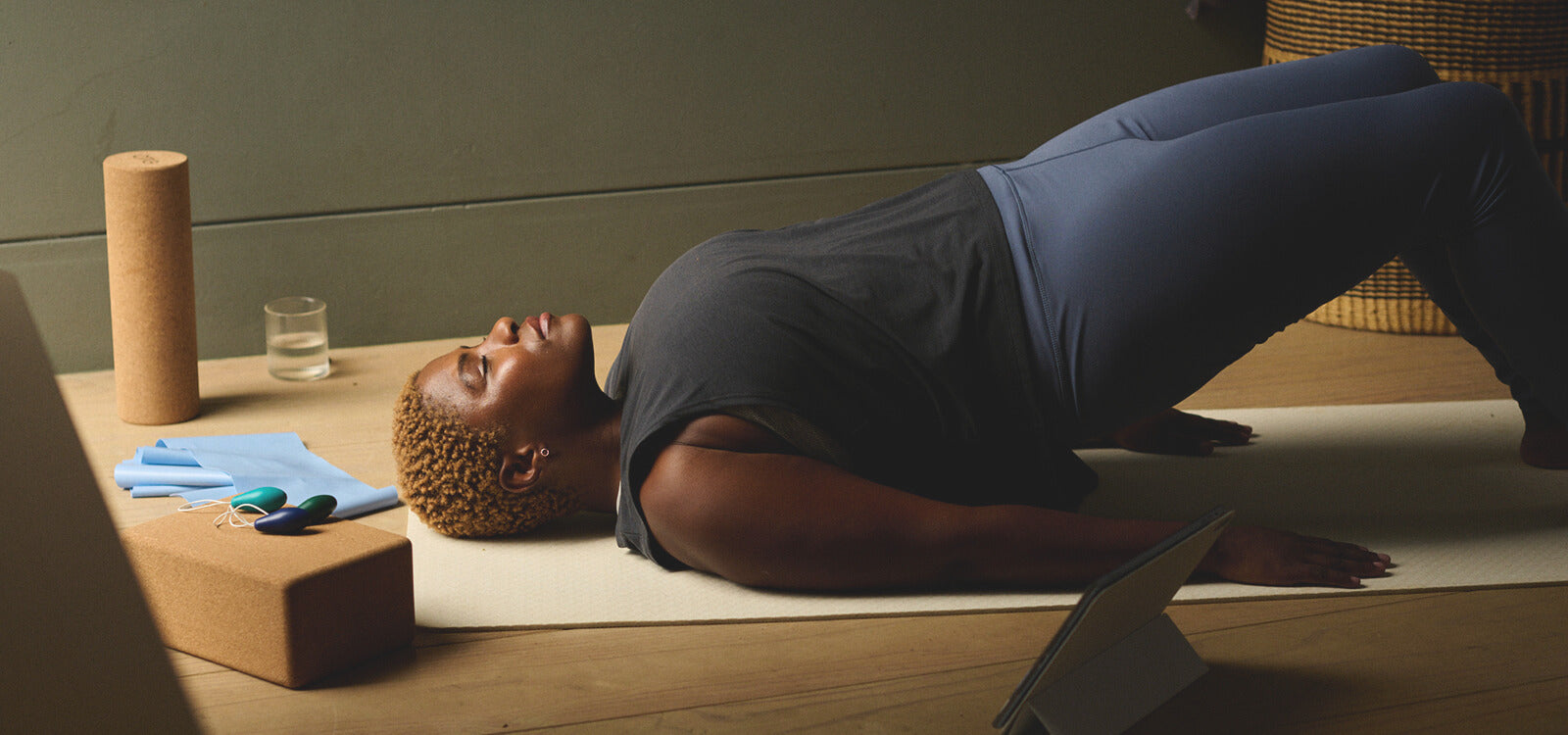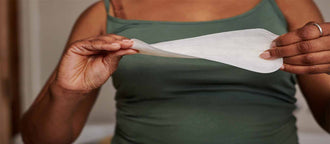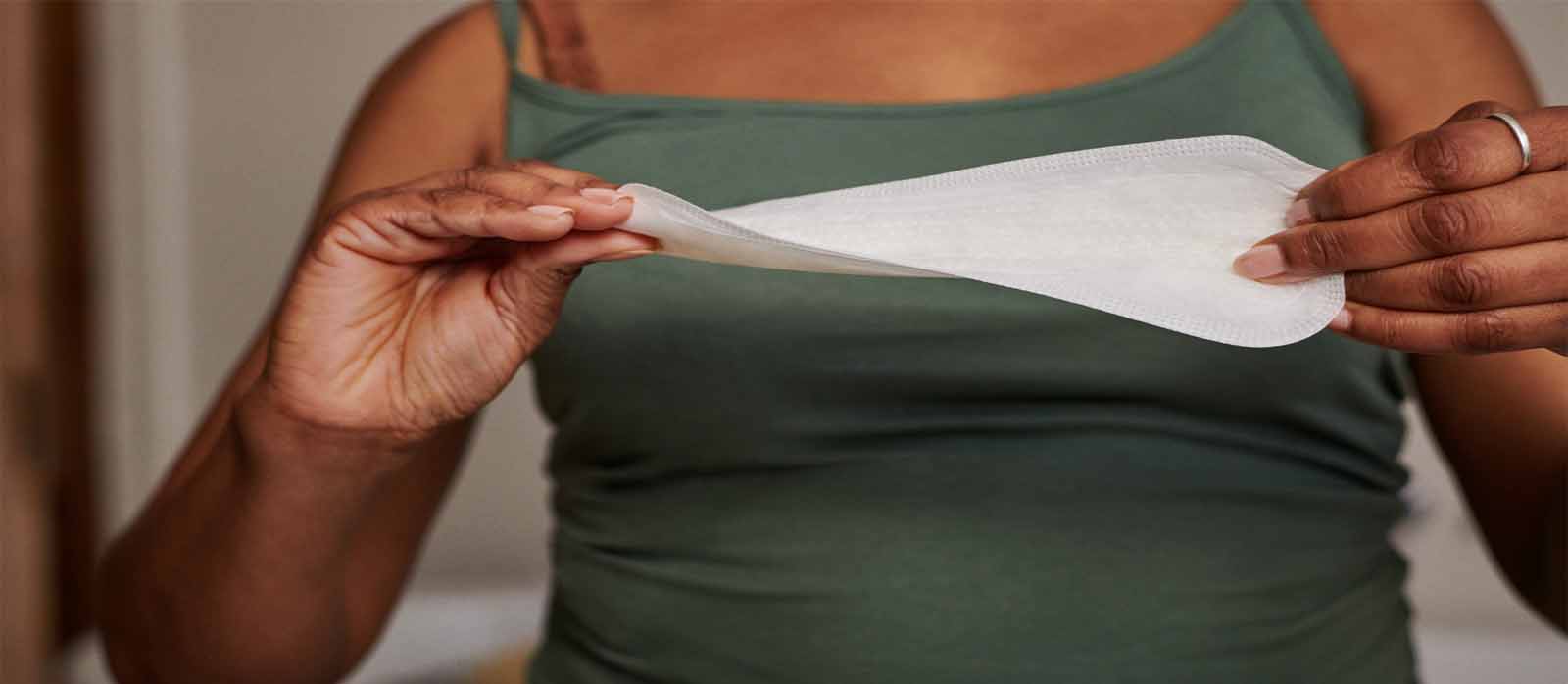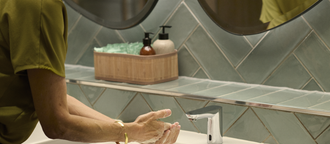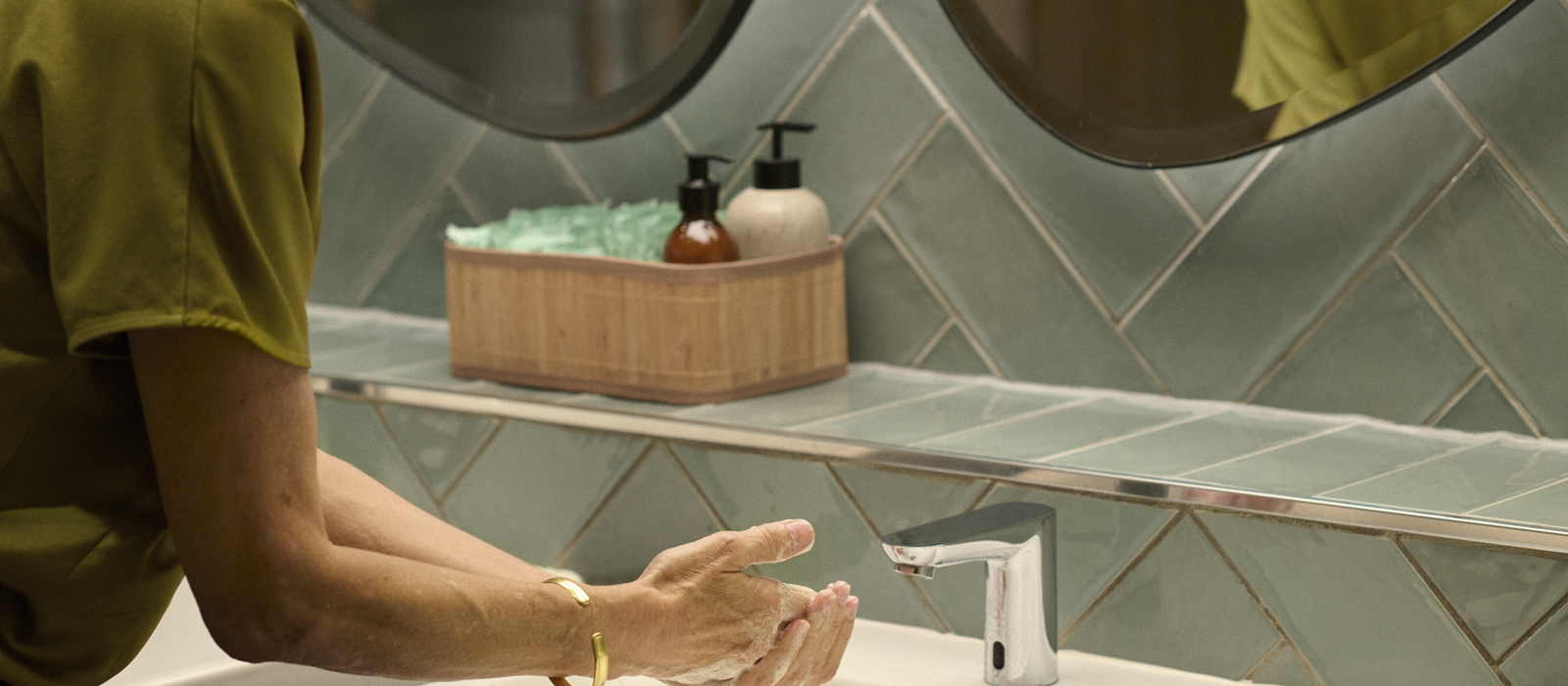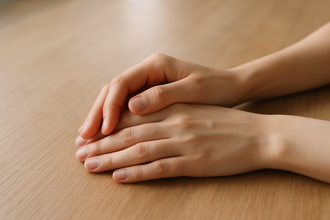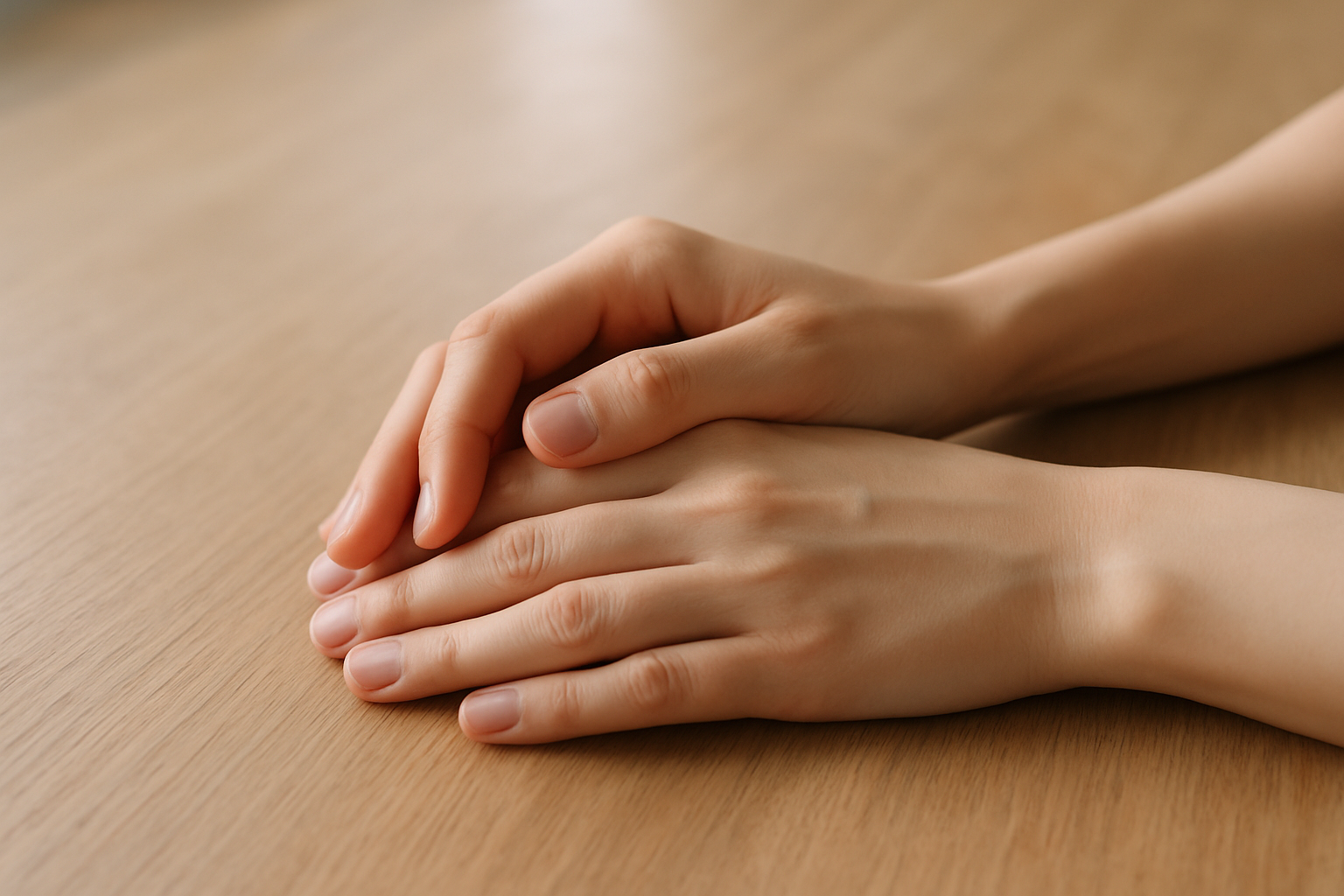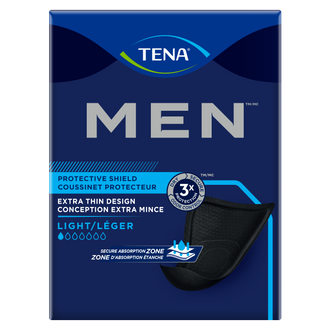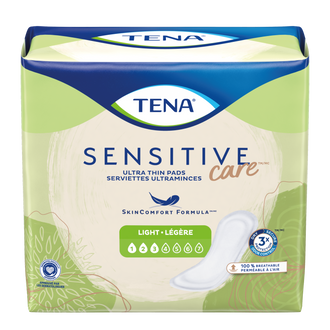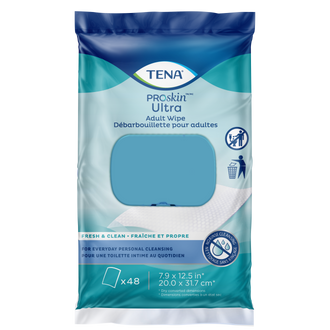Oct 01, 2024
Bed-wetting is usually something we tend to think of as a childhood issue, and it's true—up to a quarter of kids deal with nighttime accidents, called nocturnal enuresis.1
But did you know that bed-wetting isn't just a kid thing? Research shows that 1 to 2 percent of adults also experience it.1
If you find yourself occasionally wetting the bed as an adult, don't stress too much. Accidents happen. However, if it becomes a regular thing, it's definitely worth chatting with your doctor about it.
Let's dive into what might be causing bed-wetting in adults and how you can manage it.
Understanding Nighttime Bedwetting (Nocturnal Enuresis)
Bedwetting, or nocturnal enuresis, is when someone accidentally urinates while asleep, even after they’ve usually developed bladder control.2 It can be quite distressing and isn't just something kids experience; some teenagers and adults deal with it too.2
So, what’s the difference between nocturnal and diurnal enuresis?
Nocturnal enuresis happens at night while you're asleep, while diurnal enuresis happens during the day.2 Various factors can cause nighttime bedwetting, like a small functional bladder capacity, deep sleep patterns, hormonal issues that affect urine production, and even genetics.2
Daytime (diurnal) wetting might be due to things like urinary tract infections, stress, or other medical conditions, however as daytime wetting isn’t as common, it should be evaluated by a healthcare professional.2
What Typically Causes Enuresis?
Enuresis, which is involuntary urination, can be a real challenge for both kids and adults. It can happen at night (bedwetting) or during the day.
Both types can be a hassle, causing embarrassment and stress, and might even make people shy away from social activities. But don’t worry! Understanding what's behind the issue and talking to a doctor about it can help manage and reduce bedwetting incidents.
Here are some of the typical causes of enuresis:
Hormonal Causes
Hormones play a big role in how much urine we produce, especially at night. There is a hormone called antidiuretic hormone (ADH) that tells your kidneys to slow down urine production when you're asleep.1
If your body doesn't make enough ADH or your body doesn’t respond well to the produced ADH, you might end up producing too much urine at night, which can lead to bedwetting.1
Neurological Causes
How your brain and bladder communicate during sleep is crucial. Some people do not wake up in time to go to the bathroom, causing enuresis.2
Structural Causes
Sometimes, the problem is with how much your bladder can hold. A smaller bladder can fill up quickly, causing it to overflow at night.2 Structural issues in the urinary tract can also mess with bladder function and cause bedwetting.1 And conditions like an overactive bladder or bladder instability can also play a role.
Infection
Urinary tract infections (UTIs) are another common reason for bedwetting. UTIs can irritate your bladder, making you feel like you need to pee more often, leading to accidents during the day and night.1
Medication
Certain medications can have frequent urinating as a side effect.1 Some sleep aids and antipsychotics, for example, can affect bladder control.1
Also, bladder irritants like alcohol and caffeine can ramp up urine production and lead to bedwetting.1 These substances can irritate your bladder and throw off the normal balance of urine production and elimination.1
Knowing these causes can help you and your healthcare provider figure out the best ways to manage and treat enuresis, making life a bit easier.
How Common is Nighttime Bedwetting as an Adult?
When it comes to adult bedwetting, it's more common than you might think in the U.S. Research suggests that about 2 to 3 percent of adults over 18 and more than 4% of men aged 40+2,3 deal with this. However, the actual numbers could be higher because some folks might feel awkward talking about it.2
Understanding how common adult bedwetting is and what's going on in your body can help you figure out how to manage it. If this sounds like something you're dealing with, talking to a healthcare provider can help pinpoint the cause, like some of the causes we discussed earlier, and find ways to handle it.
Is there Difference Between Nighttime Bedwetting and Enuresis?
Urinary incontinence, medically termed as enuresis, refers to accidental urination. It's essentially the formal way of talking about bedwetting.
Types of Bedwetting
There are two primary types of nocturnal bedwetting:
- Primary nocturnal enuresis happens when someone has never managed to stay dry all night for at least six months straight.2
- Secondary nocturnal enuresis is when someone starts wetting the bed again after being dry for six months or more. This type often pops up because of a medical issue or something going on psychologically.2
- Unlike nocturnal bedwetting, which occurs during sleep, daytime enuresis happens while the person is awake and active.
And while primary and secondary nocturnal enuresis can have various causes including genetics, bladder issues, or psychological factors, daytime bedwetting can be linked to different factors such as drinking too much fluid or bladder control issues.1,2
Knowing these details helps your healthcare provider to figure out the best approach to help manage and potentially treat bedwetting.
Diagnosing Urinary Incontinence (Enuresis): What to Expect
When it comes to diagnosing urinary incontinence, the process typically starts with a thorough medical history and a physical exam with your healthcare provider.2 This initial step is important because it helps healthcare providers gather detailed information about symptoms and potential factors contributing to the condition.2 Open communication between patients, caregivers, and healthcare providers is key during this stage.
Urine Tests
Urine tests are commonly used to check for signs of infection, blood, or other abnormalities that could be causing or contributing to urinary incontinence.4
Other Tests
In some instances, healthcare providers may recommend imaging tests or assessments of urinary tract function. These tests can detect birth defects or obstructions within the urinary tract that could contribute to bedwetting.4
Specialized tests can identify issues with nerves or the spine. Testing can also reveal conditions like a small bladder, weak muscles, or problems with muscle coordination.4
Blood Tests
Blood tests may be done to check kidney function and hormone levels, such as antidiuretic hormone (ADH), which is important in regulating urine production.
Keep in mind that the diagnostic approach can vary depending on age, gender, and any underlying medical conditions. For example, children might need different tests than adults, and conditions like diabetes or neurological disorders could require different specialized assessments.
Management and Treatment of Nighttime Bedwetting (Nocturnal Enuresis)
Dealing with adult bedwetting at night can be tough, but rest assured there are effective ways to manage it and improve your quality of life.
Behavioral Therapies
- Bladder training/therapy: This is about gradually extending the time between bathroom trips to help your bladder get better at holding it in.2
- Scheduled voiding: Setting specific times to empty your bladder throughout the day can help prevent accidents.1
- Fluid management: Keeping an eye on how much you drink, especially before bed, can cut down on those nighttime trips to the bathroom.2
Medications to Reduce Urine Production
Sometimes, medications can help by reducing how much urine your body makes at night, kind of like boosting your natural antidiuretic hormone (ADH).1
There are also other strategies that you can try:
- Absorbent products: Consider using TENA adult diapers or pads—they can provide protection and help manage accidents discreetly.2
- Bed alarms: These gadgets can wake you up if you start to wet the bed, giving you a chance to get to the bathroom in time.2
- Moisture-wicking bedding: Using bedding that keeps things dry can make nights more comfortable and less stressful.
TENA offers absorbent products that provide you triple protection and assurance for worry-free nights against bladder leaks, odor and wetness. Find your perfect fit.
Lifestyle Changes
There are also some lifestyle changes that you can make to help with nighttime bedwetting:
- Watch what you eat and drink: Cutting back on caffeine and alcohol, which amp up urine production, might help reduce accidents.1
- Handle stress: Stress can make bedwetting worse, so finding ways to relax, like deep breathing or talking it out with someone, can really help.2
Managing adult bedwetting isn't always easy, but with the right strategies and support, you can make a significant difference. Work closely with your healthcare team to find what works best for you. Remember, lots of people deal with this, and there are practical tips and tools to help you manage and feel more confident about it.
Demystifying Nocturnal Enuresis
Understanding and dealing with adult bedwetting (nocturnal enuresis) involves a few key things to keep in mind. It's important to know the risks that come with treatment and diagnosis, and to be aware of signs like leaking when you cough or sneeze. By using practical tips, you can really improve bladder control and your overall quality of life.
Take TENA's product finder quiz to find solutions tailored to your needs.
References
1. Healthline. ‘Causes of Bed-Wetting in Adults and How to Treat It’. 2018. Accessed 9 July 2024. Available from: https://www.healthline.com/health/adult-bed-wetting
2. Cleveland Clinic. ‘Bedwetting’. 2023. Accessed 9 July 2024. Available from: https://my.clevelandclinic.org/health/diseases/15075-bedwetting
3. Temml, Christian, et al. “Urinary Incontinence in Both Sexes: Prevalence Rates and Impact on Quality of Life and Sexual Life.” Neurourology and Urodynamics, vol. 19, Wiley-Liss, Inc., Dec. 1999, pp. 259–71. https://onlinelibrary.wiley.com/doi/10.1002/(SICI)1520-6777(2000)19:3<259::AID-NAU7>3.0.CO;2-U.
4. NIH. ‘Diagnosis of Bladder Control Problems & Bedwetting in Children’. 2017. Accessed 9 July 2024. Available from: https://www.niddk.nih.gov/health-information/urologic-diseases/bladder-control-problems-bedwetting-children/diagnosis
